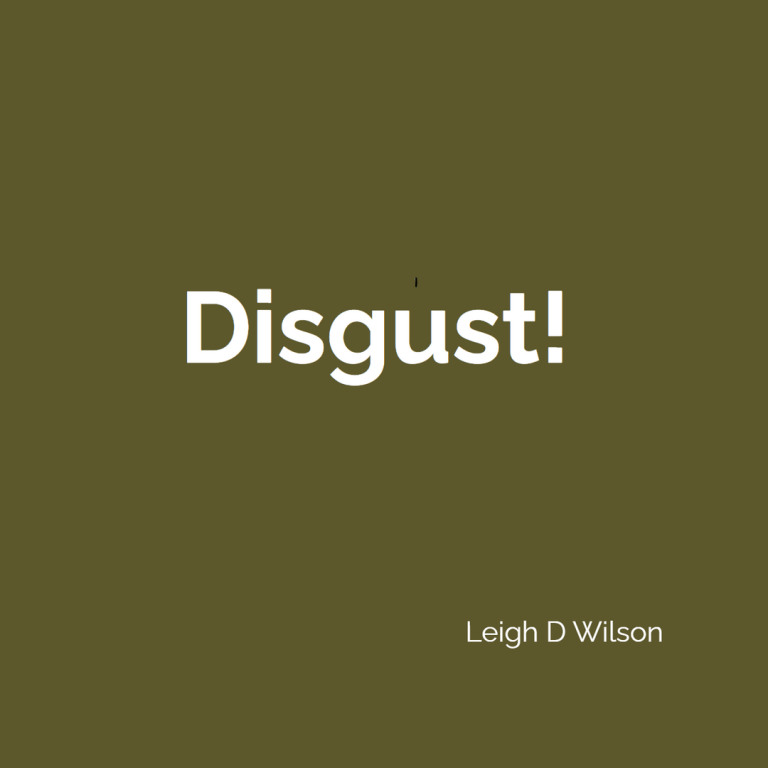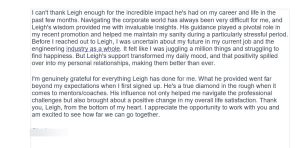This is the fifth in our series of articles on the six basic human emotions that have been identified by psychologists. The first four basic emotions we’ve covered are happiness, sadness, fear and anger.
Even the word ‘disgust’ sounds disgusting to me! 😊
Disgust is more than just a gut reaction to unpleasant stimuli. It’s an intricate emotion that has evolved over time to shield us from potential harm. From the physical repulsion experienced when encountering spoiled food to the moral aversion to unethical behaviour, disgust influences our choices, preferences, and even our social interactions.
More than a simple reaction, disgust has roots deep within our evolutionary history, safeguarding us from disease and other forms of harm. This complex response is not just about avoidance but also about defining boundaries. It shapes our social norms, ethical values, and personal limitations. Understanding these layers is vital to appreciate disgust’s broader role in our lives.
Disgust’s complexity doesn’t end at our immediate reaction. It extends into our relationships and our worldview. By recognizing its protective function, we can begin to understand how it shapes our perceptions and influences our connections with others. The triggers of disgust vary among individuals, reflecting our unique experiences, cultures, and beliefs.
It’s essential to recognize that disgust isn’t merely negative. While it might guide us away from potential hazards, it also serves as a moral compass, leading us towards ethical alignment and safety. For instance, our revulsion at witnessing cruel behaviour isn’t just a personal preference but a societal stance against inhumanity.
Understanding the nuances of disgust enables a more comprehensive approach to life. You can develop a more empathetic understanding of others, acknowledging that what might be disgusting to one person could be insignificant to another. This perspective opens doors to tolerance and acceptance, reducing misunderstandings and conflicts.
Moreover, by understanding the role of disgust in shaping our choices and behaviour, you can make more conscious decisions that align with your values and beliefs. It’s a profound tool that you can harness to lead a life that’s not only safe but also morally and ethically coherent.
In conclusion, disgust is a multi-dimensional emotion that plays a vital role in our lives. It’s not merely a reaction but a guide that leads us toward safety, ethical alignment, and understanding. By embracing its complexity, you can approach life with a more nuanced perspective, enhancing not only your choices but also your relationships with others. Disgust is indeed more than a reaction; it’s an essential aspect of our humanity.
I am a therapeutic mindset expert, so if you are troubled by unwanted emotions in some way, let’s have a friendly chat about how I can help you.
#feeingstuck #selfdoubt #worry #stress #anxiety #selfconfidence #overwhelm #procrastination #burnout










